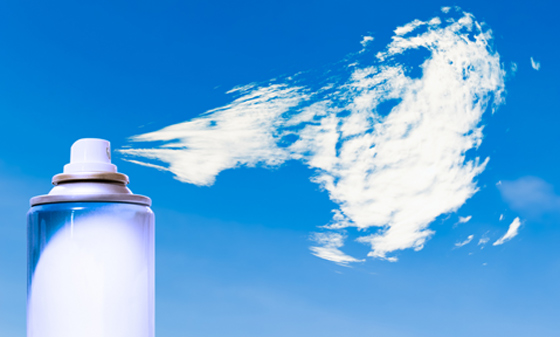The White House has announced that it intends to research the use of aerosols such as sulfur dioxide, which some scientists consider a risky intervention in the atmosphere but which others believe may be a beneficial last option to stop global warming.
Known as geoengineering, the technique attempts to reflect solar radiation from the stratosphere back into space in order to reduce temperature increases. The Office of Science and Technology Policy and the Department of Energy is carrying out the White House five-year plan, which was approved by Congress this year.
Due to a dearth of knowledge on the subject, researchers are nott unanimous in their assessment of whether geoengineering’s risks outweigh its benefits.
Daniel Cohan, associate professor of Civil and Environmental Engineering at Rice University said that there are more effective, natural, and safe alternatives to geoengineering. However, he added that more research on the subject can determine the precise scope of the cooling benefits and climatic hazards.
Read also: Expert says Africa needs more finance for energy transition opportunities
According to Harvard professor David Keith, there is rising support for studies that pinpoint the precise effects of geoengineering.
Numerous scientists have point out that one drawback of geoengineering is that the released aerosols only affect a small region and need to be replenished quickly to maintain a sun-reflecting surface. Potential hazards included stronger storms as well as accidentally cooling fields that depend on the sun to grow crops.
Story was adapted from Fox News.
